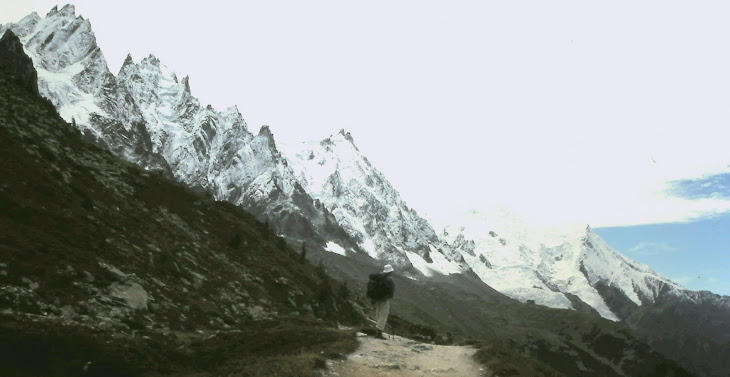
I notice that the Nimrod aircraft is being scrapped but there is no indication about what will replace it. Perhaps they will have to go back to the old Shackleton – there is still one flying in
Lonely penguins
And while we are on items in the news I see that it has been decided that, after all, penguins are not ‘homosexual’. Apparently it is just that when there are no females around males can get lonely and hitch up for a while with each other, but this all changes when females appear on the scene. I feel tempted to apply this to male-only boarding schools, and perhaps, having spent 3 years at a boys’ prep school followed by 5 years at a mixed sex boarding house attached to a co-educational grammar school I am in a position to say something. I was not very reflective during those years but I know I felt the latter was more normal and conducive to living in a world of male and female. To shut up young men during puberty in an all-male environment, especially with dormitory accommodation, does not seem to me to be at all a wise or healthy idea.
.jpg)

